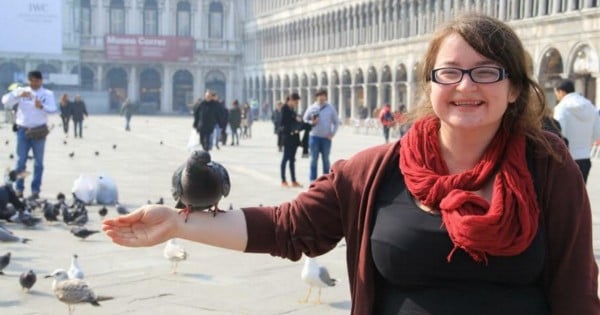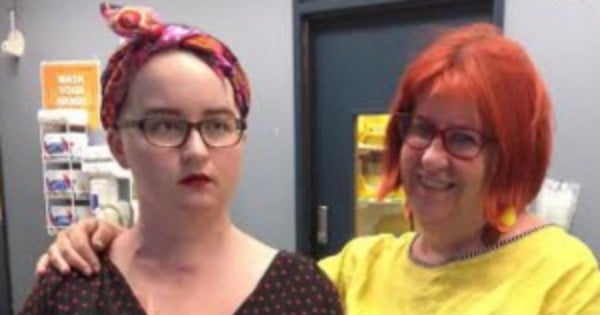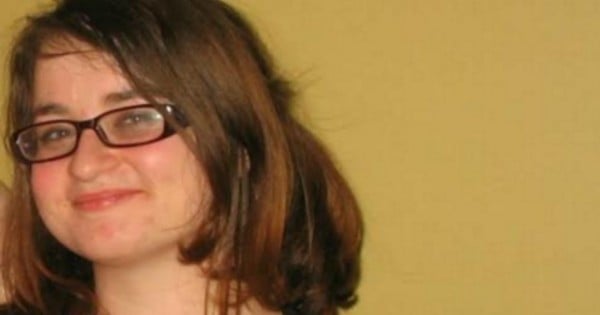
The nightmare began in October last year.
One day, Rikki was a healthy 23-year-old university student undertaking her master’s degree in Sydney. The next, she was in intensive care in a hospital where she would stay for the next four months.
She was not hit by a car, attacked in a street or involved in an accident. She was fine one day and the next day she wasn’t. She was vomiting, she couldn’t speak and then started seizing.
She had contracted encephalitis which is an inflammation of the brain. How and why she contracted it remains unknown: it was either caused by a virus, or her own immune system.
She was admitted to intensive care and had her skull removed to allow her brain space to expand.
In the days that followed Rikki’s diagnosis and hospital admission, her mother, Lisa Bryant, and their loved ones were forced to confront a gut-wrenching, shock-inducing, heart-rending fact that no parent should ever face: Rikki might die.
For many weeks, and even months, through myriad ups and down, dying appeared a distinct and brutal possibility. She kept fighting to live, despite constant seizures and many drug reactions and hospital acquired infections.
Mercifully, and against the odds, she survived.
Less mercifully, Rikki has sustained considerable brain damage from the autoimmune virus.




Top Comments
There are so many areas like this. Lymes disease is another one that patients fall through the cracks and there is no help available. For a country that prides itself on its health system we have a lot to answer for. As soon as you have An unusual illness in this country help diminishes very quickly.
That is exactly what it is. Just the government will not acknowledge or help sufferers of such . let alone help people as unless personally paid for. While the test them selves is sent over seas.It is something of a grey and umbrella area if she does does she will get chronic epilepsy memory and speech loss along with other common symtoms like motors functions
This is so sad. Her life has been saved and now she's been abandoned.
Wake up to yourselves all you people who are in charge of providing care for the sick/disabled - you suck at your jobs, this poor girl needs help and care not to be told to "find help" for herself.